On September 26, the Ho Chi Minh City National Assembly Delegation held a workshop to provide comments on the draft Law on the Organization of People's Courts (amended). Speaking at the workshop, a representative of the Ho Chi Minh City People's Procuracy said that many of the proposed amendments and supplements to the draft law are not consistent with the Constitution and are not consistent with the legal system. The proposed contents will disrupt the judicial system, leading to the need to amend and supplement the Constitution and many related laws.
3 notable issues
Accordingly, the Procuracy cited three notable issues.
Firstly, according to the Ho Chi Minh City People's Procuracy, the establishment of the People's Court of First Instance and the People's Court of Appeal to replace the District and Provincial People's Courts was stated in Resolution No. 49. However, after 15 years of summarizing, the Politburo also concluded that this policy would not be implemented and Resolution No. 27 did not mention this content.
Therefore, according to the Procuracy, the name change as per the draft law is unnecessary, because it is only a formality and does not change the essence. This will cause direct impacts and disturbances to the relevant legal system in the judicial field that need to be amended and supplemented such as: the Criminal Procedure Code, the Civil Procedure Code,... and cause waste when having to change the nameplate, seal, and headquarters.
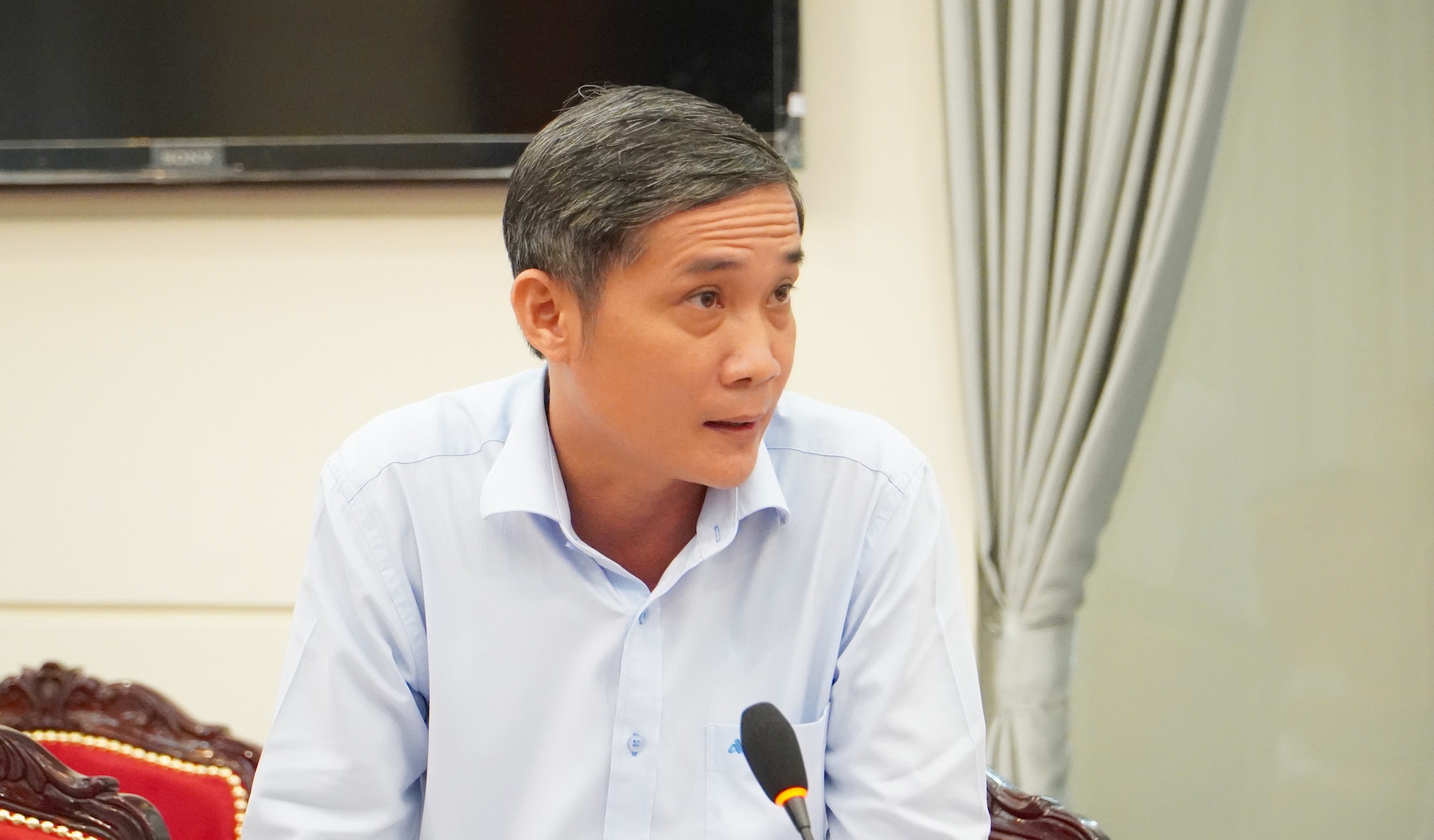
According to the representative of the Ho Chi Minh City People's Procuracy, the proposal to remove the court's regulation on collecting evidence at this stage is not suitable for practice.
Second, the People's Procuracy of Ho Chi Minh City said that regarding the proposal to remove the regulation on collecting evidence of the court at the stage of This is not suitable for reality. Because in reality in our country today, the level of education and legal awareness of the people, especially the workers, is still limited. People do not have enough information and conditions to go to competent authorities to collect evidence; state agencies do not provide evidence to the people without the request or proposal of competent authorities.
It is necessary to prioritize support for the disadvantaged, however, all citizens are equal before the law and are not discriminated against. Furthermore, under current regulations, there is a mechanism for legal aid for the disadvantaged, including support in collecting evidence.
According to current regulations, the parties do not have the right to request the court to collect documents and evidence in all cases, but only have the right to request the court to assist if the parties cannot collect them, and in cases prescribed by law.
In fact, there are many cases where the court directly collects, verifies, and evaluates evidence but still fails to properly assess the nature of the case, leading to errors, cancellation, correction, or failure to enforce the judgment. Therefore, in order to be consistent with the Party's policy of building a "people-serving" judiciary, the Procuracy proposes to continue to regulate the duties and powers of the court in collecting documents and evidence.
Third, on handling violating judges, Article 105 of the draft law stipulates that the arrest, detention, custody, prosecution, and search of the residence or workplace of a judge of the Supreme People's Court must have the opinion of the President of the Socialist Republic of Vietnam; and for judges, the opinion of the Chief Justice of the Supreme People's Court must be obtained.
The above provision means "immunity" (special rights) for judges, similar to "immunity" for National Assembly deputies, currently stipulated in Article 81 of the Constitution. The Ho Chi Minh City People's Procuracy believes that, even in cases where the Party agrees on the policy of recognizing "immunity" for judges, it must be considered on the basis of ensuring the principle of equality before the law for all citizens, including civil servants. In particular, it is necessary to promptly prevent and strictly handle all acts of law violation and crime, without forbidden areas or exceptions.
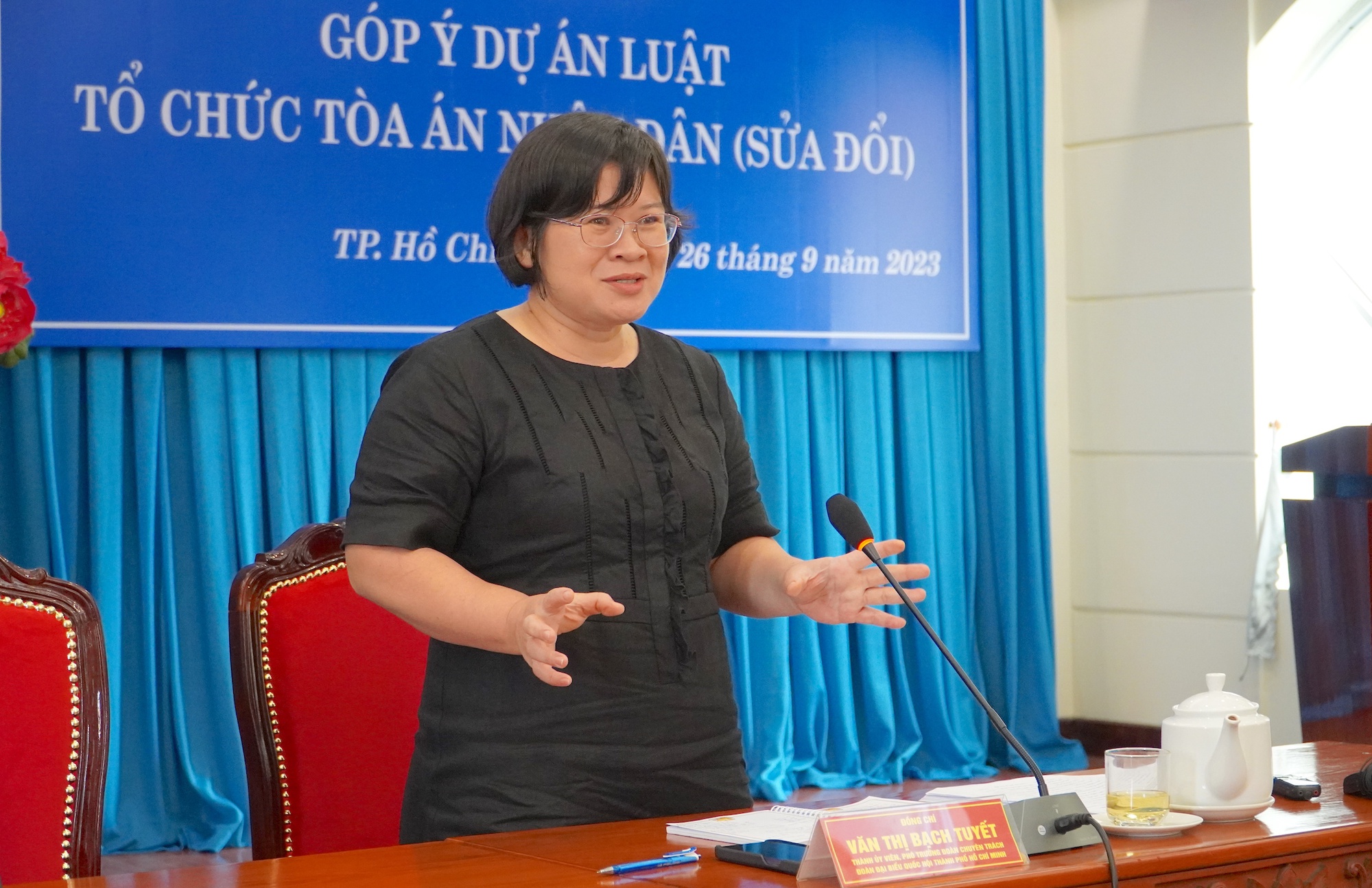
Ms. Van Thi Bach Tuyet (Deputy Head of the Ho Chi Minh City National Assembly Delegation)
What do court representatives say?
Meanwhile, representatives of the People's Court of Ho Chi Minh City, the People's Court of District 6 and Binh Thanh District all expressed their agreement with the draft law. According to judge of the People's Court of Ho Chi Minh City Tran Thi Thuong, the activities of the Bar Association, the Legal Aid Center, the Lawyers Association and the Bailiffs will help people collect evidence. After the Law on the Organization of People's Courts is passed, society will agree to develop according to...
The representative of the Military Court of Military Region 7 raised the issue: "According to the project, the detention of judges must have the opinion of the Chief Justice of the Supreme People's Court or the President. If the Chief Justice and the President do not agree, the litigation activities will not be applied. This has infringed on litigation activities. In my opinion, there should be an adjustment that reports to the President or the Chief Justice of the Supreme People's Court would be more appropriate."
According to Ms. Van Thi Bach Tuyet (Deputy Head of the Ho Chi Minh City National Assembly Delegation), whether the court collects evidence or not does not affect the objectivity of the judge. "It is true that according to the trend, whoever wants to sue must provide evidence, and the court only bases on the collected evidence. There is an opinion that judges collect evidence to pressure a certain party, I think this view is incorrect. Is it true that the court has not collected evidence objectively since ancient times?", Ms. Tuyet questioned.
Source link



![[Photo] Prime Minister Pham Minh Chinh chairs meeting to deploy overcoming consequences of storm No. 10](https://vphoto.vietnam.vn/thumb/1200x675/vietnam/resource/IMAGE/2025/10/3/544f420dcc844463898fcbef46247d16)


![[Photo] Students of Binh Minh Primary School enjoy the full moon festival, receiving the joys of childhood](https://vphoto.vietnam.vn/thumb/1200x675/vietnam/resource/IMAGE/2025/10/3/8cf8abef22fe4471be400a818912cb85)



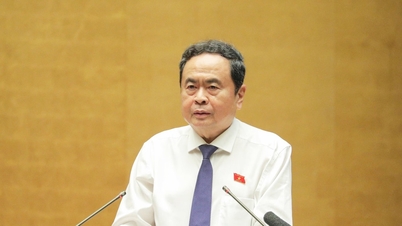

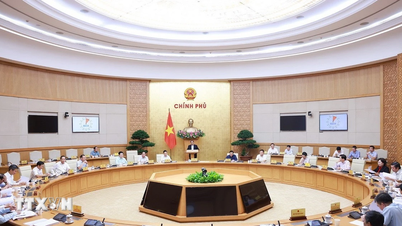






















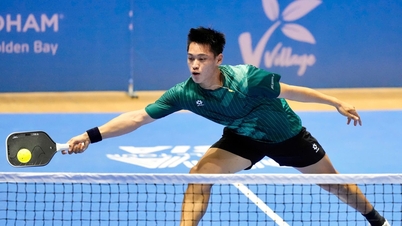

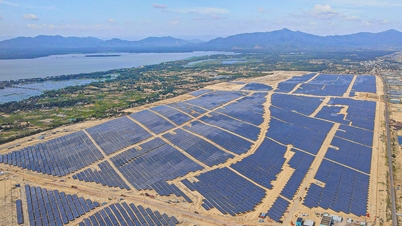






























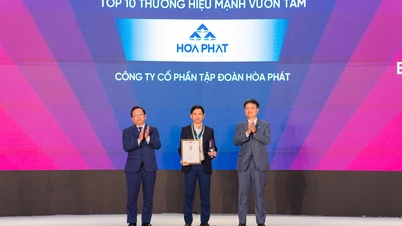








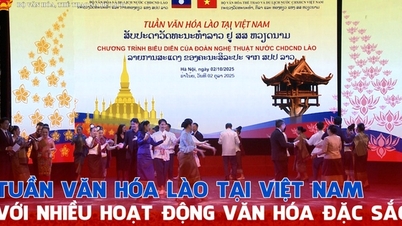

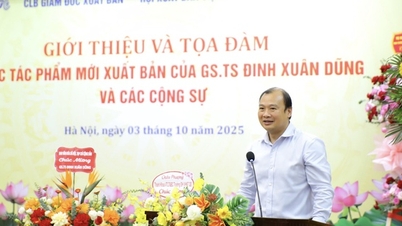



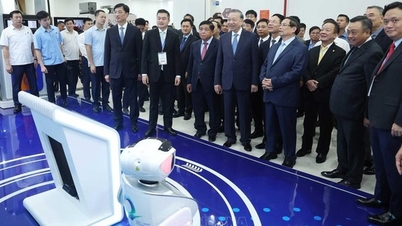

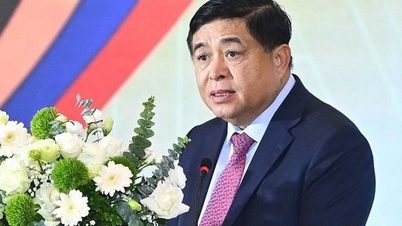
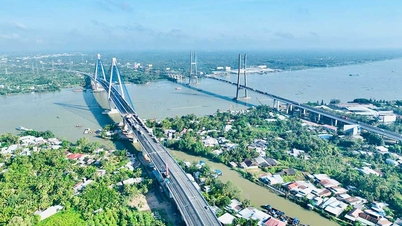


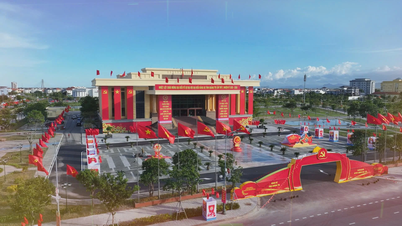
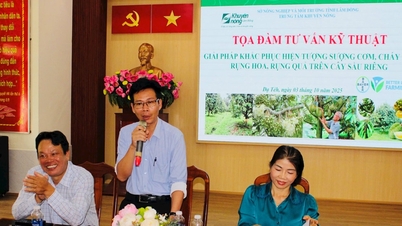
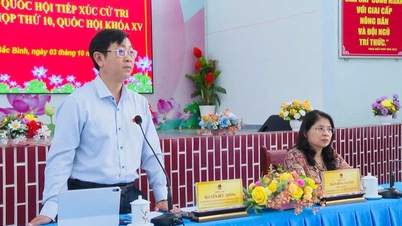














Comment (0)